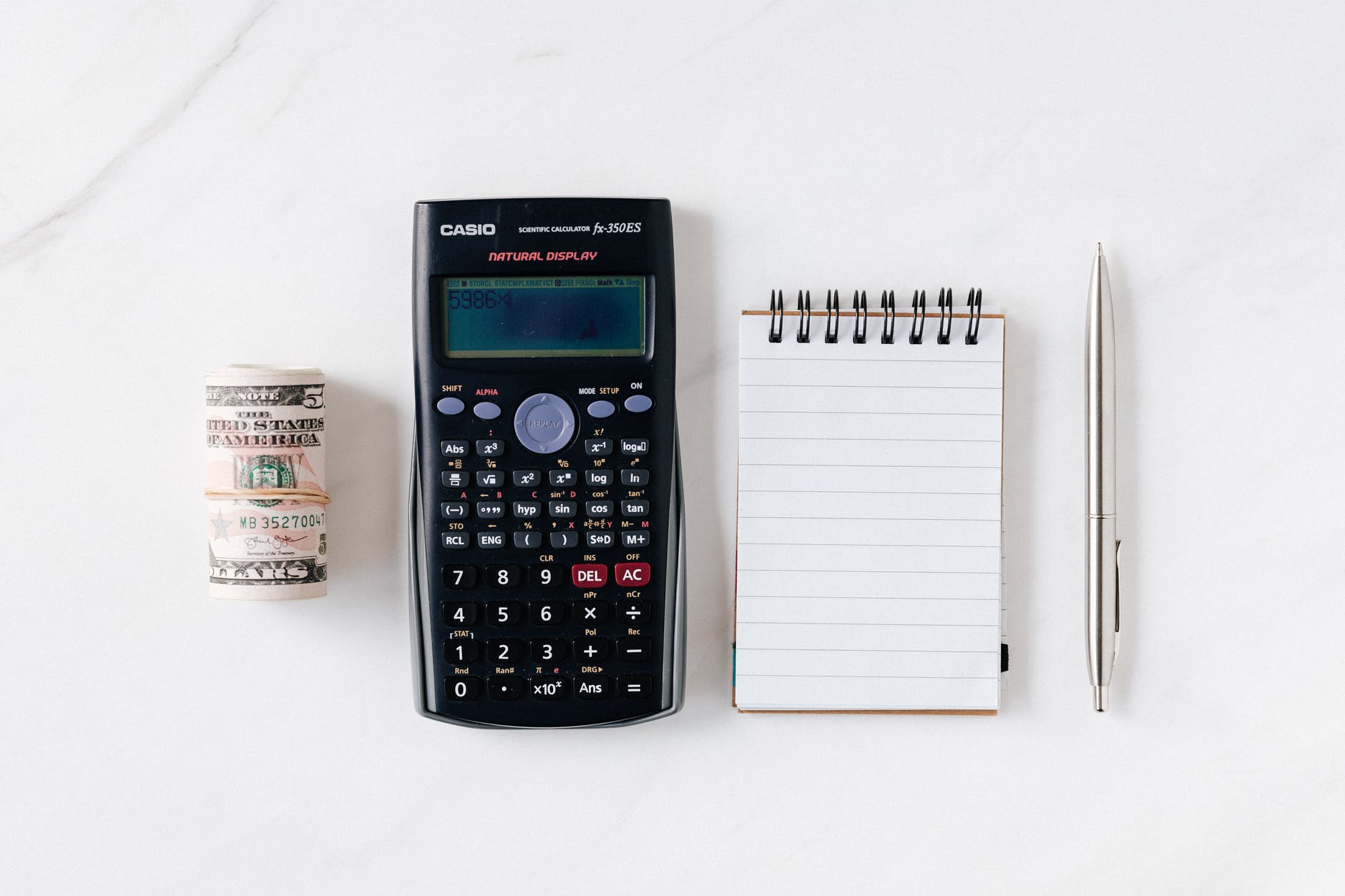
I could still remember my first payday. The immediate flow of money always tempts me. I was one of those who didn’t know how to control myself, spending and living from paycheck to paycheck.
Back then, I didn’t know how to spend or save for myself. I ended up graduating without any savings. For someone who had to unexpectedly pay for their own university afterwards, I felt lost. Tied by money. I know that I never want to feel that way ever again.
An article by The Straits Times shown 2 in 3 working Singaporeans do not have savings to last them beyond 6 months: OCBC survey
But how do I save? Or spend my paycheck?
Generally the 5/3/2 method is to split your money.

An easy and well known way to allocate your money is using the 5/3/2 rule. However, this changes accordingly to how much you’re being paid, and the different liabilities you may have. While savings is not a way to being financially stable, it is certainly a start.
50% goes into spending your needs. This can include groceries, bills, insurance, or anything that is a need that month. However, this amount changes depending on how much are your liabilities. For example, if your car needs servicing that month, it would go into this category too.
30% goes into wants. This was the biggest mistake I made. I had such a hard time deciding between needs and wants. Especially during peak sales period. “Wants” are basically anything you can live without. It can be hard to control yourself, but one important thing I learnt is that by spending on something just because it’s on sale, you don’t save.
You still spend. Shops use these sales tactics all the time. Sales come and go. A good way of stopping the habit of impulse buying would be to wait for at least 24 hours before buying something. Now, I would wait at least a few days, and most of the time I forget about it until I see it again. Usually, by then, I would have thought of a cheaper alternative or even not want it anymore because I want something else.
20% goes into savings. This could be for a rainy day, or when something unexpected happens. For example, a hole in the tire. Or a broken computer that you need to fix for work immediately. And trust me, you’d be surprised at the amount of “accidents” that can happen.
I only learnt the importance of savings when I had to unexpectedly pay for my school fees. I had to take a gap year focused on savings till I could go to school again. Learn from my mistakes. I would recommend putting these savings somewhere slightly harder to access if you have issues saving as I do. That way you don’t spend it on impulse. However, as a general rule, the funds should be liquid enough such that you can get them in a week.
However these are merely percentages and how you spend your paycheck should suit you. For example, as I don’t spend more than 40% of my savings for both needs and wants, the 60% would go to savings and investing. This is because I am still somewhat reliant on my parents. I still live with them. They pay for my phone bills and “rent”.
That’s all I have for today! If you would like to know more tips, you can always refer to this article!
Heres to financial freedom!
